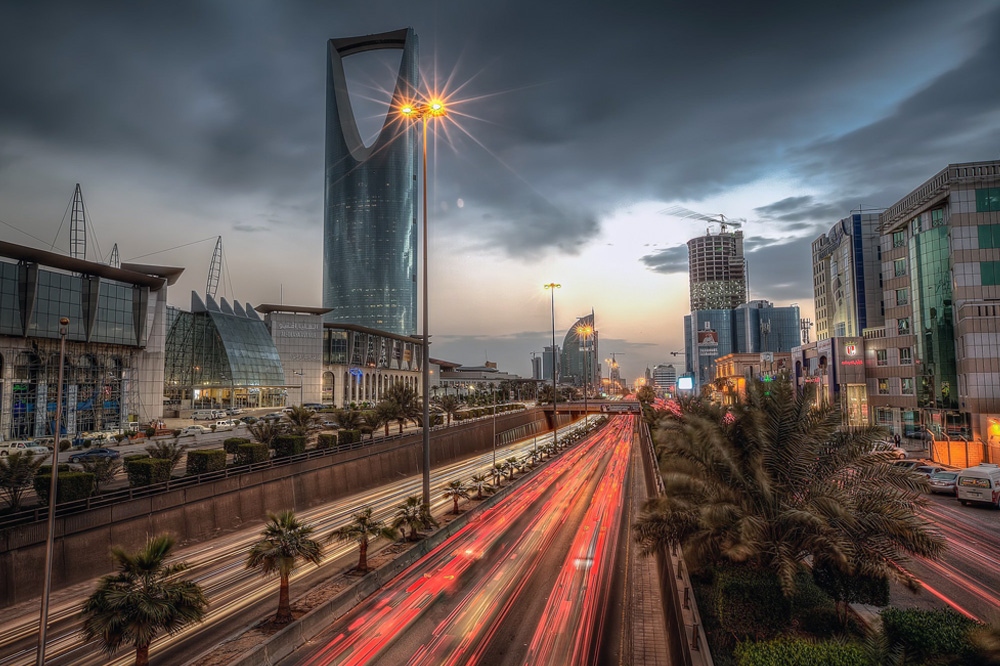Comments
- No comments found

Saudi Arabia is reportedly planning to permit the sale of alcoholic beverages to non-Muslim diplomats.
This marks a significant modification of the strict liquor regulations in the conservative kingdom. Previously, non-Muslim diplomats were required to import alcohol through diplomatic pouches.
The prohibition on alcohol has been in force in Saudi Arabia since 1952, following an incident where one of King Abdulaziz's sons, under the influence of alcohol, fatally shot a British diplomat. The potential relaxation of this rule aligns with a broader wave of social reforms initiated under Crown Prince Mohammed bin Salman's Vision 2030 reform agenda, which has already introduced changes such as the opening of cinemas and mixed-gender music festivals.
Rumors surrounding the possibility of alcohol becoming more widely available in Saudi Arabia have circulated for years. The Saudi government's recent statement explained that the move is part of a new regulatory framework aimed at countering the illicit trade of alcohol goods received by diplomatic missions. The new process will allocate specific quantities of alcohol goods upon entry into the kingdom, ending the unregulated exchange of such products.
The policy will specifically grant non-Muslim diplomats access to alcohol in specified quotas, while for the majority of Saudi Arabia's population – adhering to the Islamic ban on alcohol consumption – there will be minimal immediate change. Under Saudi law, penalties for the possession or consumption of alcohol include fines, imprisonment, public flogging, and deportation for foreigners.
The announcement has triggered discussions about potential future changes in Saudi Arabia's alcohol policies, especially with the country set to host Expo 2030 and the World Cup in 2034. However, the sensitivity of the issue is underscored by the fact that alcohol is forbidden in Islam, making any relaxation of these regulations a deeply delicate matter in a nation home to Islam's holiest sites in Mecca and Medina.
Despite speculation over the years, Saudi officials had consistently downplayed the likelihood of a major shift in alcohol-related policies. The recent announcement, however, signals a nuanced adjustment that may have broader implications for the kingdom's approach to social reforms.
The local reception to Saudi Arabia's potential step to permit alcohol sales to non-Muslim diplomats is likely to be varied and nuanced. The issue of alcohol is deeply intertwined with Islamic principles, and Saudi Arabia is home to Islam's holiest sites. Any relaxation of alcohol restrictions can be a sensitive matter for the conservative local population, and some segments may express reservations or opposition.
Younger generations in Saudi Arabia, especially those who have been exposed to global cultures and trends, might be more receptive to changes in alcohol policies. The government's Vision 2030 reform agenda, aimed at modernizing the country, includes various social and entertainment reforms that some youth may support.
If the changes are perceived as contributing to economic growth, such as through increased tourism or international business, some locals might view them more favorably. Economic considerations and potential job opportunities linked to the growth of the tourism sector could influence attitudes.
Saudi Arabia has a diverse population with varying degrees of religious observance and conservatism. More conservative segments may be resistant to any perceived deviation from traditional values, while others may appreciate the government's efforts to balance tradition with modernization.
The country is hosting major international events, such as Expo 2030 and the World Cup in 2034, could impact local attitudes. The prospect of increased international engagement and exposure may be seen as positive by some locals, while others may be more focused on potential cultural impacts.
Leave your comments
Post comment as a guest